Alien Prequels Being Erased Is The Best Move For The Franchise
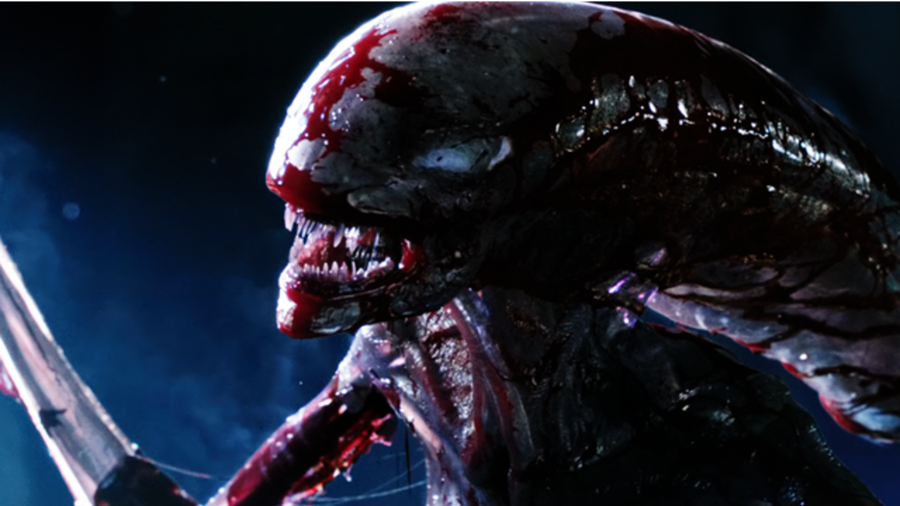
Recently, Fargo showrunner Noah Hawley stated outright that his new Alien series will ignore Ridley Scott’s Alien prequels. No hate to Prometheus fans—contrary to popular belief, they exist—but this is the right call. Dumping Prometheus and Alien: Covenant from Canon gives Hawley’s show the freedom to do something different…like tell a good story.
Prometheus Doesn’t Know What It Wants To Be
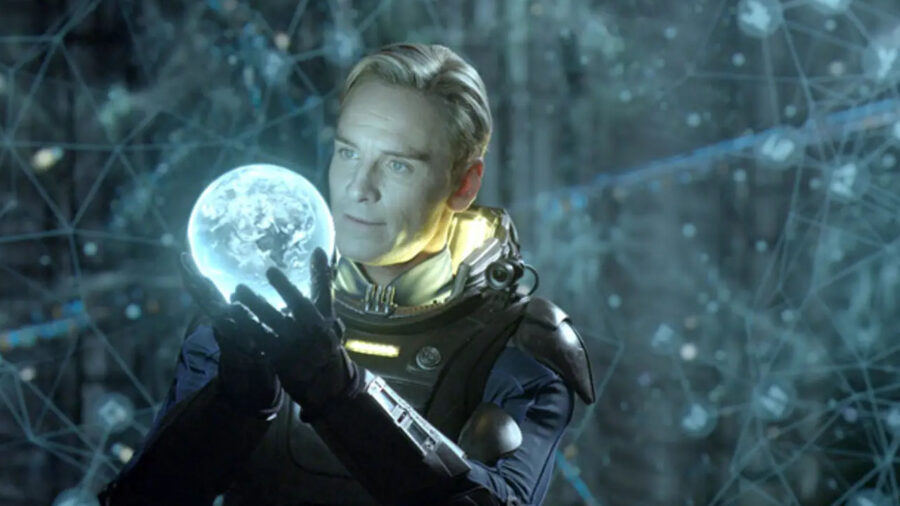
The problem with Prometheus is that it doesn’t know what it wants to be. On one hand, you have a prequel to 1979’s Alien. On the other hand, you have an original sci-fi story about the possible creation of the human species. We may have gotten a better movie if Ridley had picked a lane and stuck with it.
A Failure Of An Origin Story
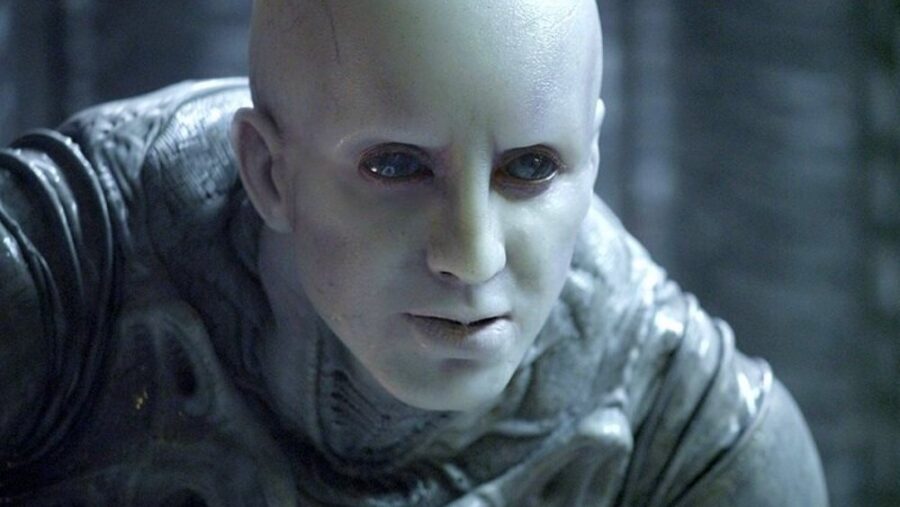
In our opinion, Scott should have leaned all the way into the creation story because, as it stands, Prometheus doesn’t work as an Alien origin story. Clearly, Hawley agrees since he’s ignoring the Alien prequels altogether.
A Prequel More Advanced Than The Original
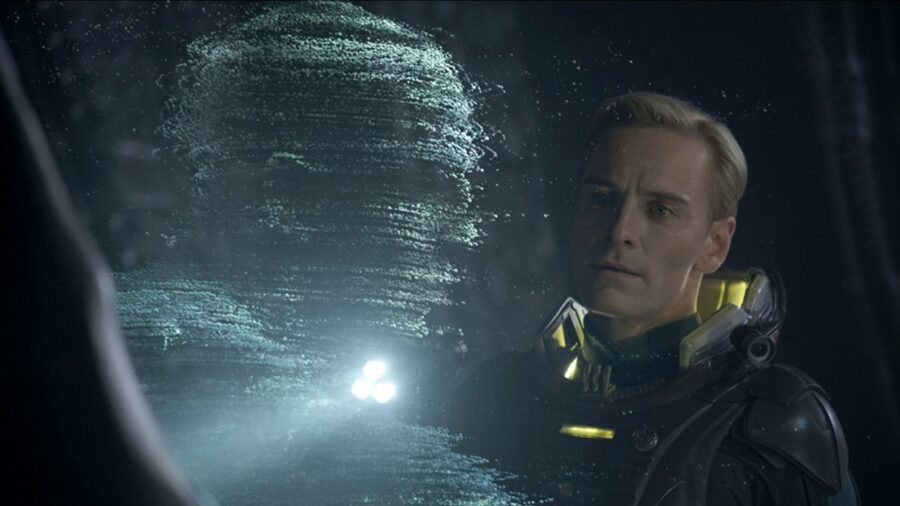
To start with, Prometheus has an aesthetic that’s too technologically advanced to be set just 33 years before Alien. Unless there’s a societal collapse we don’t know about that sets Earth back a hundred years, there’s no logical reason for holograms to exist in Prometheus when the computers in Alien are still hand-operated and have mono-chromatic monitors.
Noah Hawley Prefers The First Film
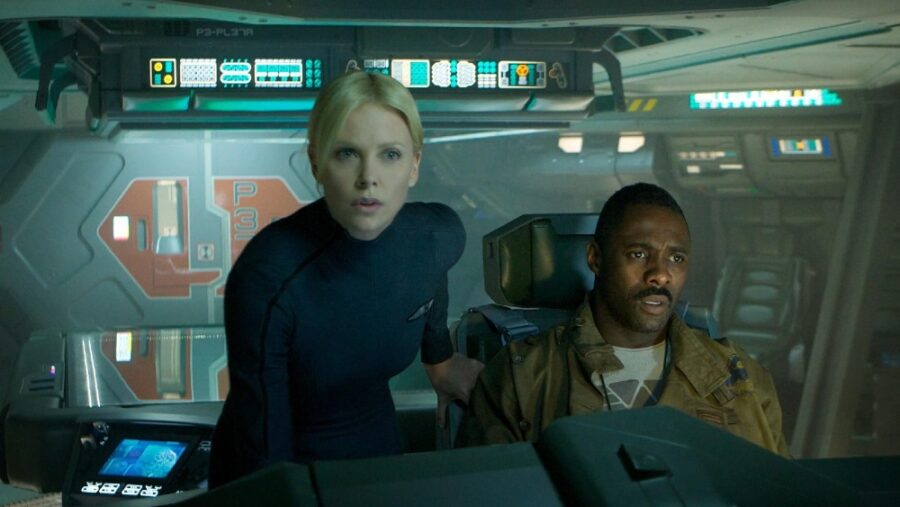
This isn’t just our opinion either. Noah Hawley himself pointed this out in a recent interview when he compared the technology in Prometheus to the “Apple store.” “I prefer the retro-futurism of the first two films,” Hawley stated. He went on to call the tech in the Alien Prequels “thousands of years more advanced” than the “giant computer monitors” and “weird keyboards” featured in Alien.
A Lack Of Mystery
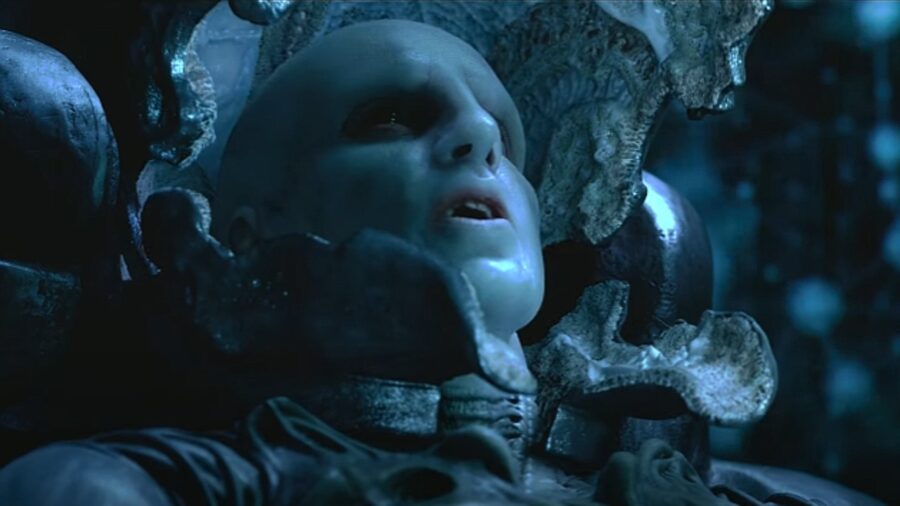
The other big problem with the Alien prequels is they committed the cardinal sin of sequels set in the past: they explained too much. The first alien audiences were introduced to in the original Alien wasn’t the xenomorph but rather a being dubbed “The Space Jockey.” The giant, seemingly fossilized corpse of some unknown species sits in what looks like a gunner’s chair with a gaping hole in its chest.
The Space Jockey
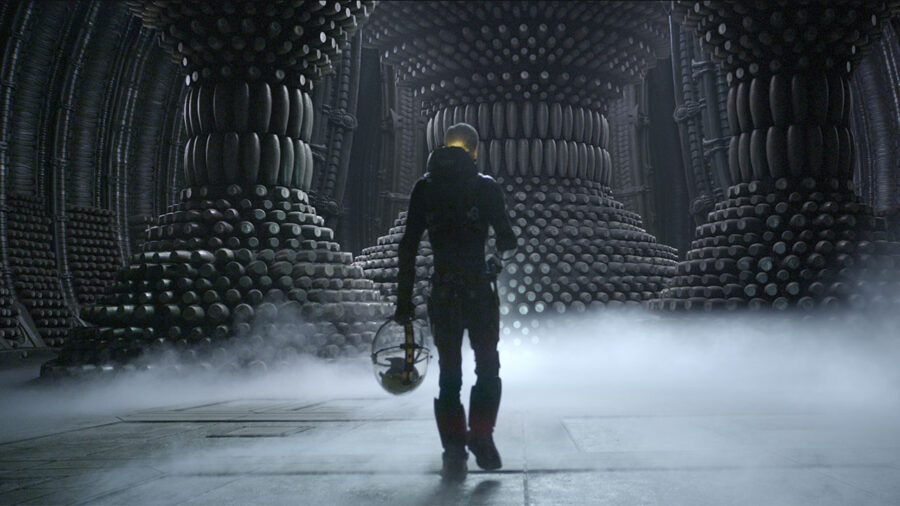
Much like the Norwegian scientist at the beginning of The Thing, who tries to alert the Americans about the titular creature, the Space Jockey is an undecipherable warning to the crew of the Nostromo and the audience of what horrors they are about to face. Only after the audience finishes each movie do they understand the significance of said warnings. The Space Jockey is really only there to hammer home how “alien” the world that the crew has stepped into is.
Alien Jesus?
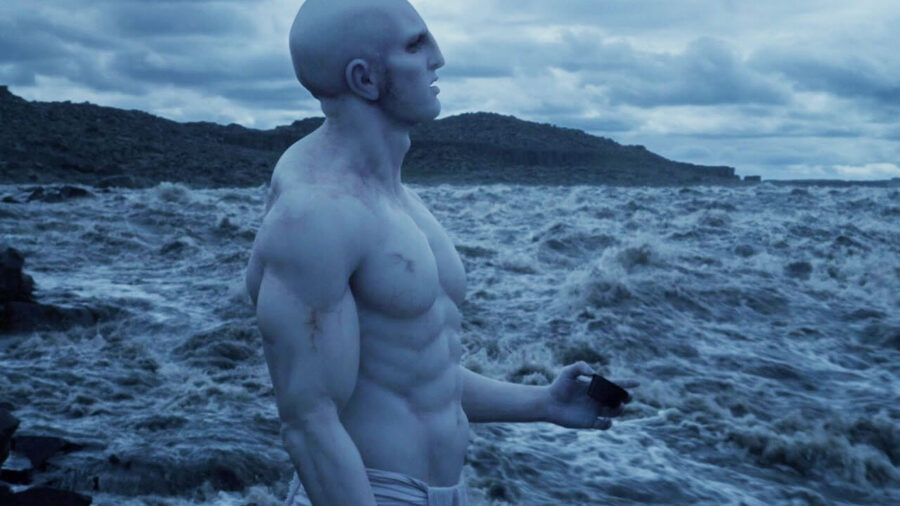
With Prometheus, Ridley Scott decided to reveal that the Space Jockey was part of a race of bald, very human-looking beings who… may have created us? Oh, and Jesus was one of them. Yeah, the Alien prequels made some, um, choices.
The Perfect Lifeform
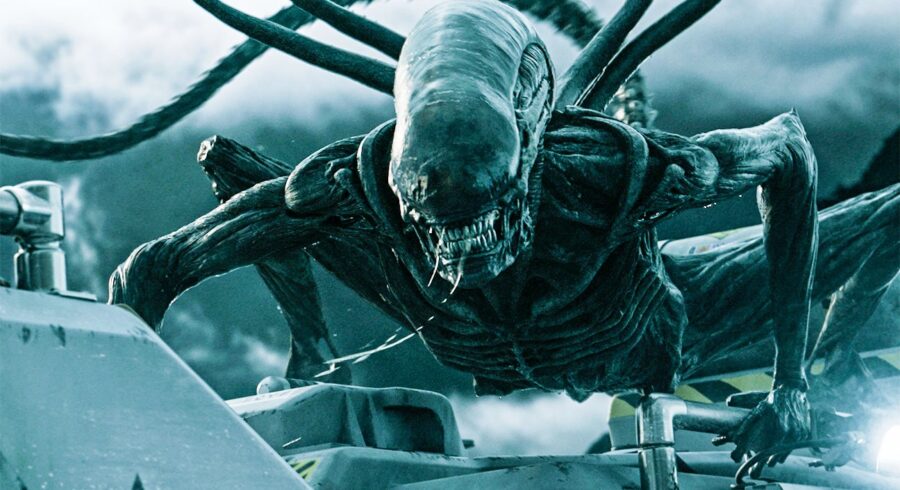
Along with the Space Jockey, Scott used Prometheus and later Alien: Covenant to explore the origins of the Xenomorph, something that also grinds Hawley’s gears. Like us, Hawley imagined that the “perfect lifeform,” as the Xenomorph is described in the first movie, is logically the result of millions of years of evolution. Hawley took issue with the fact that “on some level,” the Alien prequels presented the Xenomorphs as “bioweapons created half an hour ago.” “That’s just inherently less useful to me,” said Hawley while (we assume) resisting the urge to call the way Scott treated the Xenomorph’s origin “f****** stupid.”
We Won’t Miss The Alien Prequels
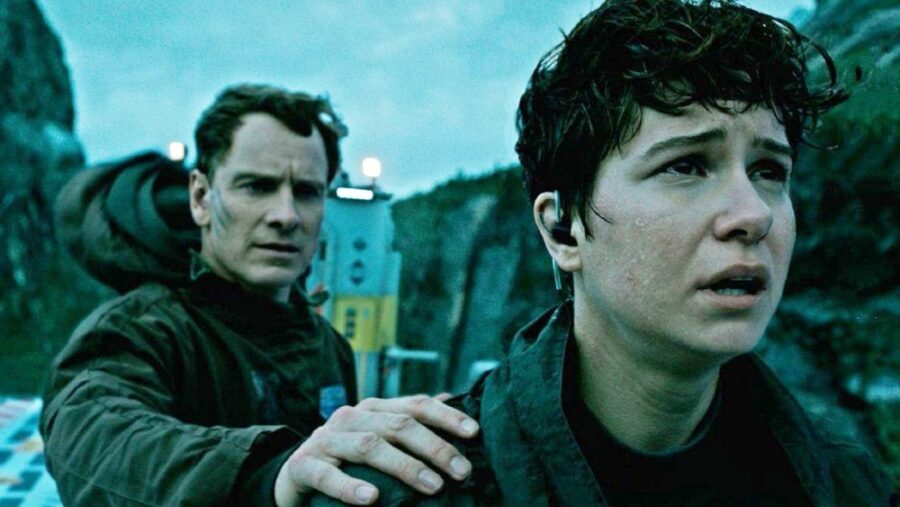
Ultimately, Prometheus and Alien: Covenant could have worked as a pair of original sci-fi movies if Scott had ignored whatever late-life hubris made him think he could go back and tell an Alien story equal to the one he did in 1979. As it stands, Noah Hawley is making the right call by erasing them from his Alien timeline.












